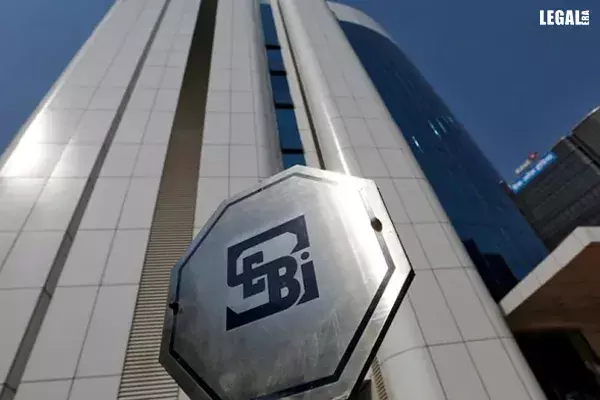US Securities and Exchange Commission lauds SEBI on Oracle India's business dealings
In 2012, the technology firm resolved charges about the creation of side funds worth millions of dollars in the country;

US Securities and Exchange Commission lauds SEBI on Oracle India's business dealings
In 2012, the technology firm resolved charges about the creation of side funds worth millions of dollars in the country
The United States Securities and Exchange Commission (SEC) has praised the Securities and Exchange Board of India (SEBI), India's market regulator, for cooperation in investigations into the business dealings of Oracle India.
Amidst praise from the US, the Indian government agencies and regulators have vowed to crack down on any corrupt practice in business dealings, irrespective of the Indian contracts of large foreign companies.
SEC has highlighted Oracle India's suspicious dealings in 14 instances pertaining to eight government contracts between 2005-2007. This was other than the deals with companies including Walmart and a defence deal.
The SEC had earlier sanctioned Oracle in 2012. The company had resolved charges relating to the creation of side funds worth millions of dollars by Oracle India.
Meanwhile, the Indian government is determined to act against corruption as it has done by eliminating the leakage of public money in welfare schemes. While earlier the extent of leakage was termed to be 85 percent, the current system of governance claims the beneficiaries get 100 percent of their due with the help of direct benefit transfer. The government has come down heavily on organizations and individuals involved in fraudulent exercises.
SEC claimed, "Oracle India sold software licenses and services to the Indian government through local distributors. Thereafter, it allowed distributors to park excess funds from the sales outside Oracle India's books and records."
It added, "On at least 14 occasions of eight government contracts between 2005-2007, certain Oracle India employees created extra margins between the end-user and the distributor price. They directed the distributors to hold extra margin in the side funds. They made the margins large enough, ensuring a side fund existed to pay to the third parties. At their direction, the distributors made payments out of the side funds to third parties, purportedly for marketing and development expenses."
Of late, however, the number of cases highlighted by the SEC has fallen sharply, especially after the action was taken against Walmart. The US regulator had asked Walmart to pay $282 million as a fine for violating the Foreign Corrupt Practices Act between 2009-2011 in India and other countries. Walmart had allegedly paid bribes to several third-party intermediaries to obtain approvals.
SEC had also acted against Embraer Defence and Security and civil aviation for indulging in corrupt practices in India from 2005 to 2009. The company improperly booked large payments to an agent and concealed the relationship with the agent while trying to obtain business. It executed a $208 million contract to develop three highly-specialized aircraft for the Indian Air Force.
SEC maintained that the company had paid a middleman in the deal. In 2005, entered a consulting agreement with a UK-based company, having relations with an Indian consultant. Within a month of the agreement, it announced having signed an MoU (Memorandum of Understanding) with the Defence Research and Development Organisation (DRDO).
The US market regulator claimed that while Embraer's agreement with the UK entity expired, the Indian agent claimed commission. SEC stated, "From February 2009 to July 2009, Embraer negotiated and ultimately approved, a $5.76 million settlement with the Indian consultant."

